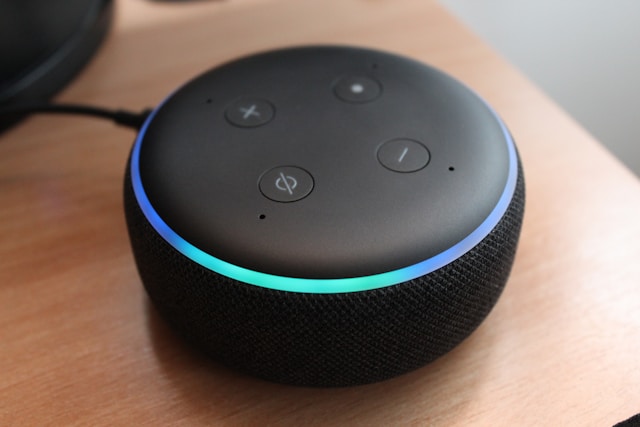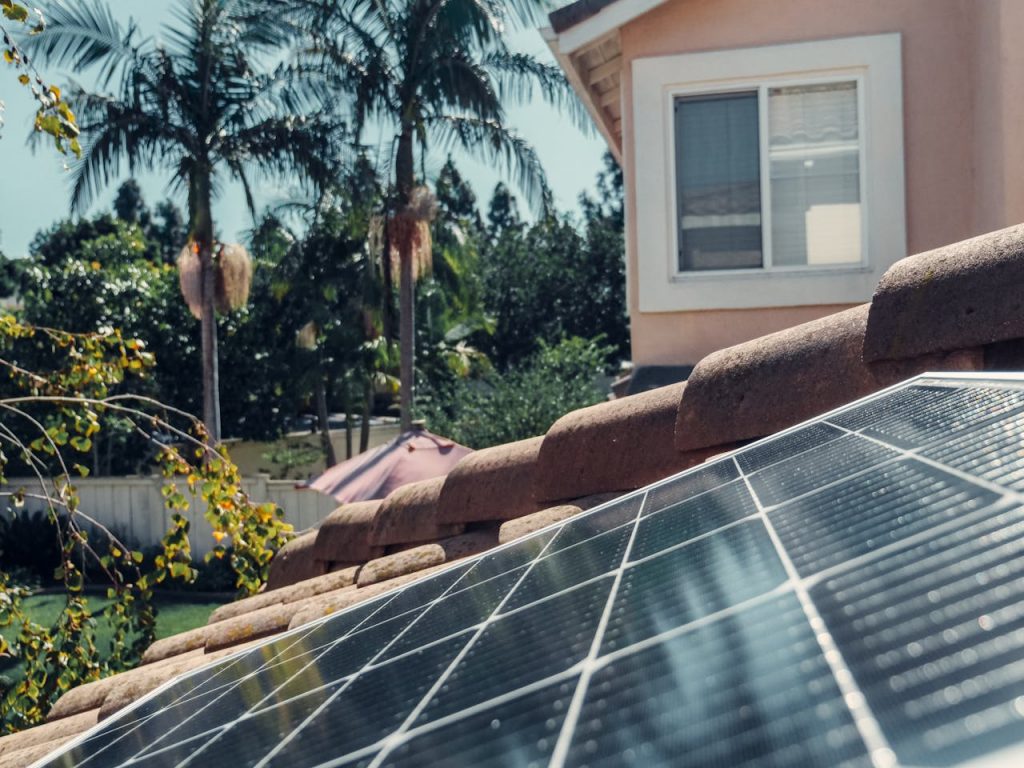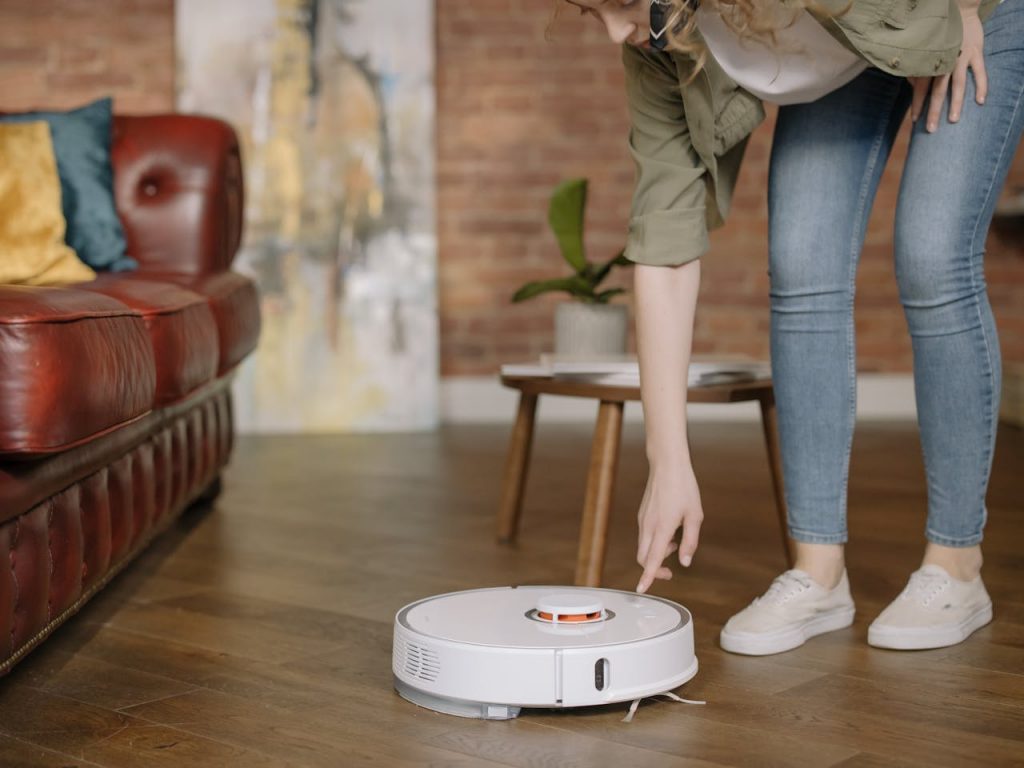- Home solar energy systems promote a cleaner environment and can economically benefit homeowners through energy sales.
- Smart energy management systems significantly reduce electricity usage by optimizing energy patterns without compromising comfort.
- Advanced technologies transform homes into comfort and efficiency models, setting a sustainable living standard.
- Homeowners play a crucial role in adopting these technologies to enhance quality of life and sustainability.
- The convergence of technology and homes is an ongoing process that will continue to shape how we live for years to come.
In today’s fast-paced and digitally-driven world, the concept of home comfort has transcended traditional boundaries, thanks to a multitude of innovative technologies designed to enhance our living spaces. Now more than ever, homeowners are seeking ways to make their homes not just shelters but personalized entities that respond to their needs and offer the epitome of convenience and tranquility. From smart home automation to energy-efficient climate control systems, this in-depth discussion will shed light on the various technologies shaping tomorrow’s homes.
Smart Home Automation
The dawn of smart home technology has ushered in an era of unparalleled connectivity and control. Imagine adjusting your home’s temperature, lighting, and security settings with voice commands or a swipe on your smartphone. What was once a futuristic fantasy is now a tangible reality for many households. These smart-systems offer convenience and tout increased energy efficiency and enhanced security, marking a shift in how we interact with our environment.
The Essence of Smart Home Technology
Smart home technology encapsulates a range of electronics that can connect, communicate, and be programmed remotely. This means the humble dwelling can now accommodate your every whim, learning your routines and preferences over time to provide a seamless living experience. From the moment you wake up to the second you retire for the night, the smart home quietly supports your lifestyle, whether it’s ensuring the coffee is brewing as your alarm goes off or dimming the lights as you settle in for a movie.

Key Components of Smart Home Systems
The beauty of a smart home system lies in its ability to cater to various aspects of daily living. Essentials such as smart thermostats that learn your comfort range and adjust settings accordingly or intelligent lighting systems that mimic natural light cycles are now complemented by more niche appliances, like smart refrigerators that can suggest recipes based on available ingredients. Security is not left behind, with smart cameras providing real-time monitoring and alerts directly to your devices, irrespective of location.
Integration and Control
While having individual smart devices is beneficial, the real magic happens when these devices can communicate with each other. Integrating different systems through a central hub ensures that your home operates with a productive and comforting synergy. Furthermore, advancements in user interfaces, especially with voice and gesture recognition, are making home control more intuitive. Looking forward, we can expect even more sophisticated control systems that analyze user behavior to anticipate needs proactively.
Enhancing Home Comfort Through Climate Control
One of the most critical aspects of home comfort is maintaining an environment conducive to living. Cutting-edge climate control technologies regulate temperature and air quality year-round, ensuring a pleasant home atmosphere.
Advanced Heating and Cooling Solutions
Gone are the days of clunky, wasteful HVAC systems. Modern heating and cooling solutions are sleek, efficient, and often programmable to your needs. Smart zoning systems allow for personalized climate control in different areas of the home. At the same time, innovations in insulation and window technologies further contribute to maintaining an ideal indoor climate without excessive energy consumption.
Maintaining Air Quality and Comfort
Indoor air quality is a silent yet vital contributor to home comfort and health. Advanced systems now include ultraviolet germicidal irradiation for superior air purification and integrative approaches considering humidity levels, particulate matter, and volatile organic compounds. These technologies go beyond simply circulating air, ensuring that the air you breathe in your home is clean and refreshing.
The Role of Timely Maintenance
While the sophistication of these systems is commendable, their effectiveness is contingent on proper maintenance. This includes routine filter changes, periodic professional check-ups, and staying abreast of technological updates. Neglecting maintenance can lead to inefficiency, heightened energy bills, and health hazards. Homeowners are thus encouraged to take a proactive approach to the care of their climate control systems, potentially saving on long-term repair costs. Regularly hiring reputable air conditioning service providers can help ensure that your systems are running at their best. They can also provide valuable advice on optimizing your energy consumption and maintaining a comfortable indoor environment.
Energy Efficiency and Sustainable Living
In an age where environmental awareness is paramount, home technologies also significantly promote sustainability. Innovations that leverage renewable energy sources and manage energy consumption are eco-friendly and can drastically reduce utility bills, too.
Solar Power Systems
Solar panels have become a common sight on residential rooftops, harnessing the sun’s power to generate electricity. Home solar energy systems contribute to a cleaner planet and offer homeowners the potential to sell surplus energy back to the grid or store it in batteries for later use. The installed capacity for solar systems is growing each year, as is their efficiency, making them a pivotal component of the sustainable home.

Smart Energy Management
Pairing smart home technologies with intelligent energy management systems can significantly reduce energy consumption. These systems analyze energy usage patterns and offer optimization strategies to reduce waste without sacrificing comfort. Furthermore, they provide insights through data analytics, empowering homeowners to make informed decisions that align with their energy goals.
Conclusion
The intersection of cutting-edge technology and the place we call home is an exciting frontier filled with possibilities. By leveraging the innovations described here, homeowners can transform their living spaces into comfort, sustainability, and efficiency hubs. These advancements are not a fleeting trend but the bedrock of a future where homes adapt to our needs with unprecedented agility and foresight, ultimately leading to a more enriched quality of life. The responsibility now lies with homeowners to embrace these technologies and turn their living spaces into the epitome of modern comfort.

